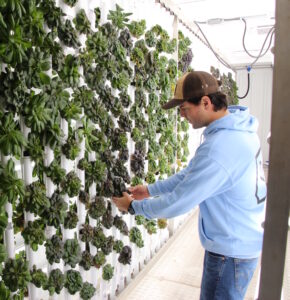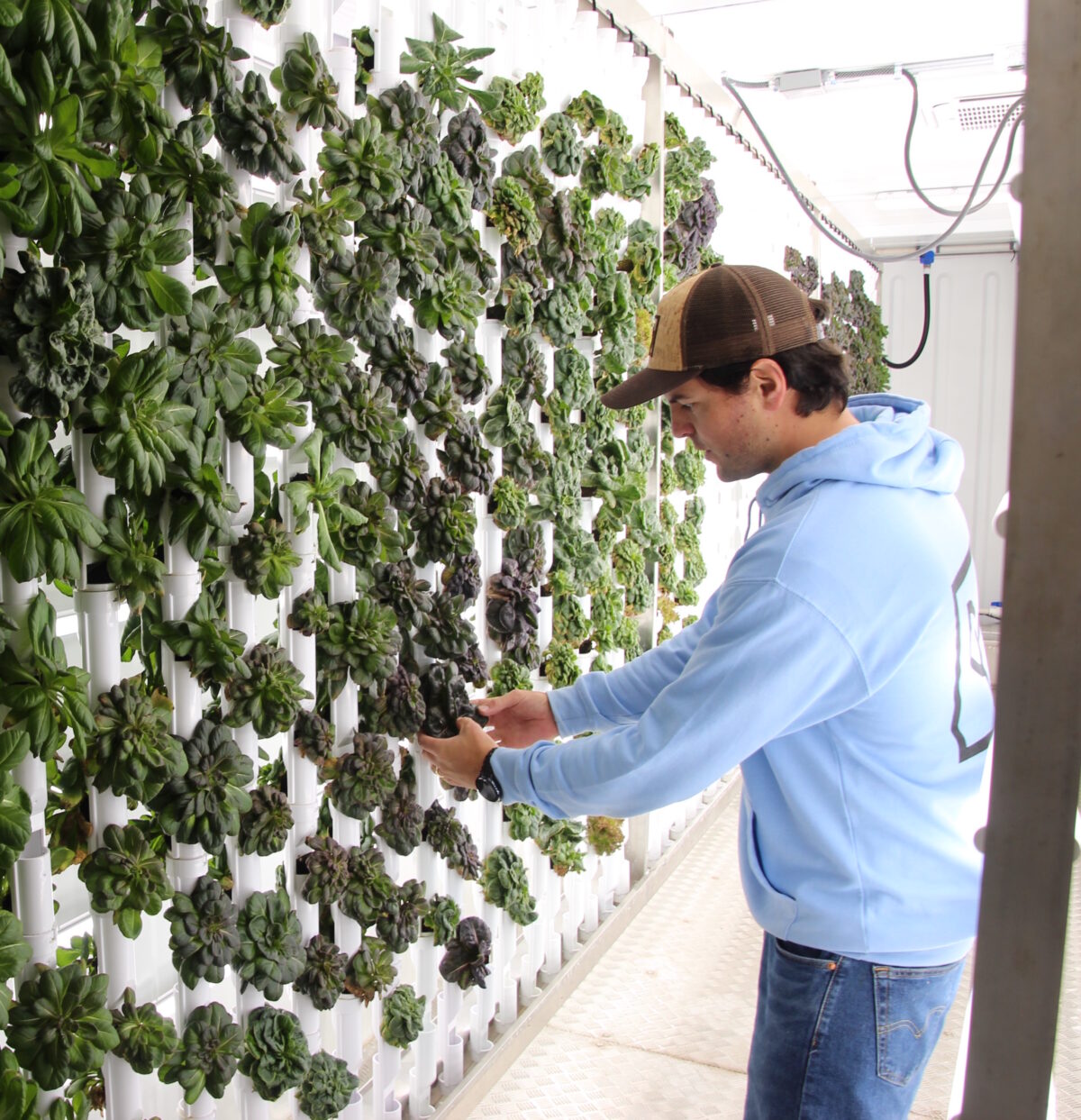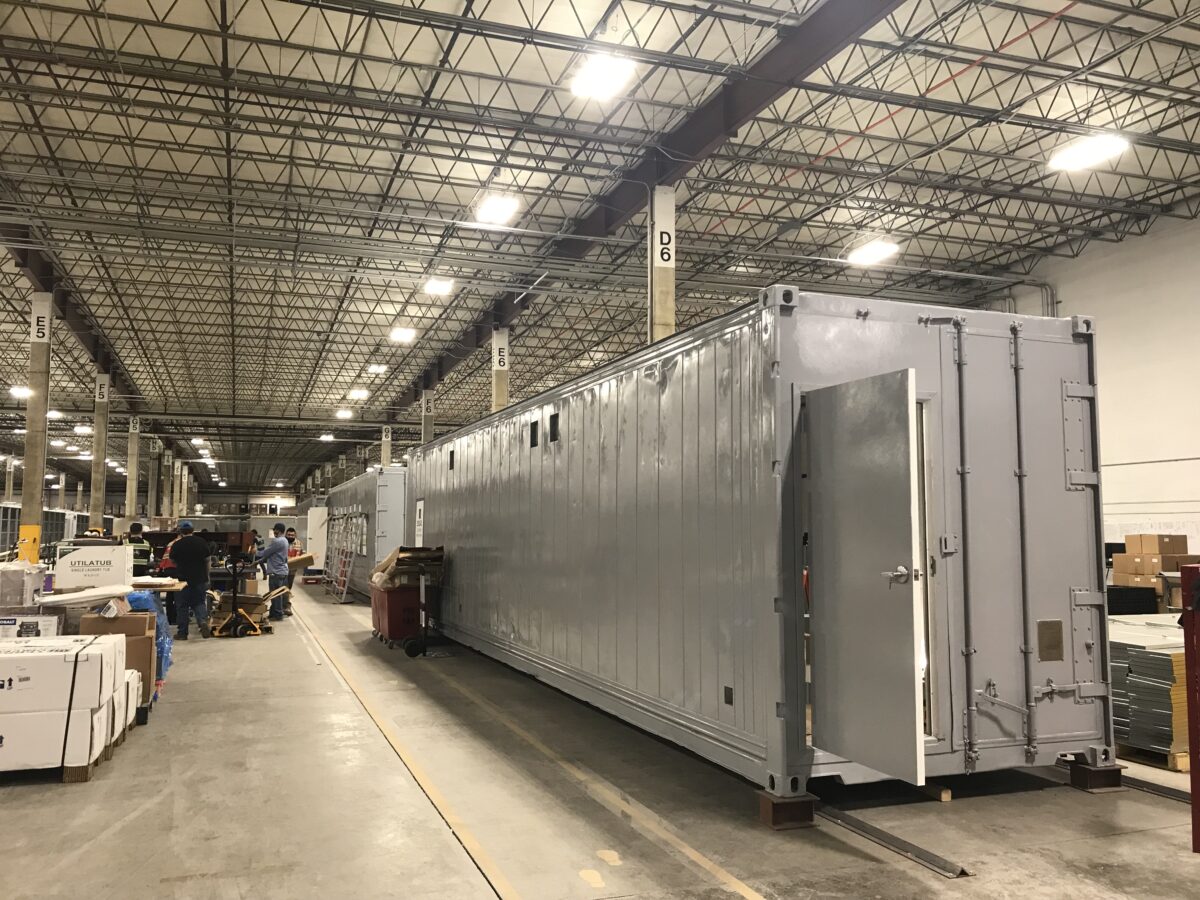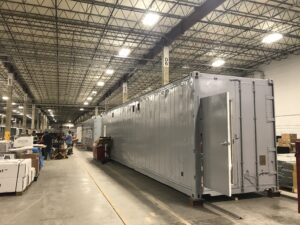We often hear the phrase “Support your local farmers.” But what does that really mean?
Well, it contributes to the economic vitality of local communities in a major way. When consumers choose locally produced goods, they help sustain crucial local farming operations, preserving agricultural land and maintaining rural (and urban) livelihoods. In turn, this fosters a stronger economy by generating employment opportunities and encouraging entrepreneurship within the community. 
Supporting local farms also promotes environmental sustainability. Locally sourced produce often requires less transportation, reducing the carbon footprint associated with long-distance shipping. This can lead to lower greenhouse gas emissions, contributing to a more eco-friendly and sustainable food system. Many local farms prioritize sustainable farming practices, promoting biodiversity and soil health, too. These elements of the operations can’t be overstated.
Buying from local farms often means fresher and more flavorful products as well. Locally grown produce is typically harvested at peak ripeness, offering consumers higher nutritional value and better taste. This connection to fresh, seasonal ingredients can also foster a greater appreciation for the diversity of crops and promote a healthier diet, while ensuring that people have a longer period of time to eat the food before it goes to waste.
Supporting local farms plays a role in maintaining food security. By diversifying the sources of food production and distribution, local communities become less vulnerable to disruptions in global supply chains, like what we saw during the COVID-19 pandemic. This localized approach helps build resilience against external factors that could impact food availability and affordability.
In a social context, backing local farms fosters a sense of community. Farmers markets and direct-to-consumer sales allow for direct interactions between producers and consumers, creating a stronger bond and understanding of where food comes from. This connection promotes a shared commitment to sustaining local agriculture and can strengthen community ties.
In short, supporting local farms goes beyond the act of buying food; it’s a holistic investment in the economic, environmental and social well-being of communities. Choosing locally sourced products empowers local farmers, promotes sustainability, enhances the quality of food and contributes to the resilience and cohesion of communities. What more can you ask for?



